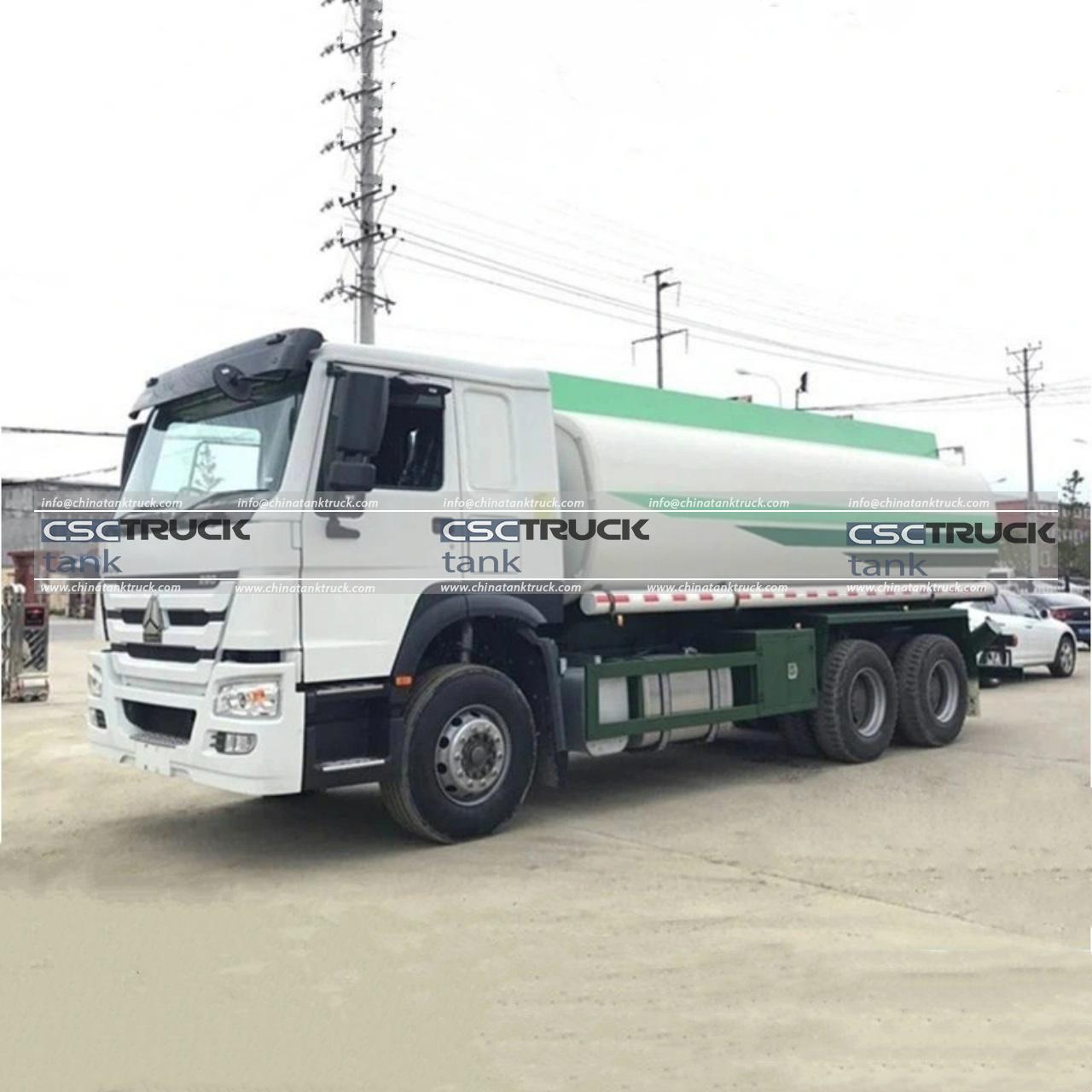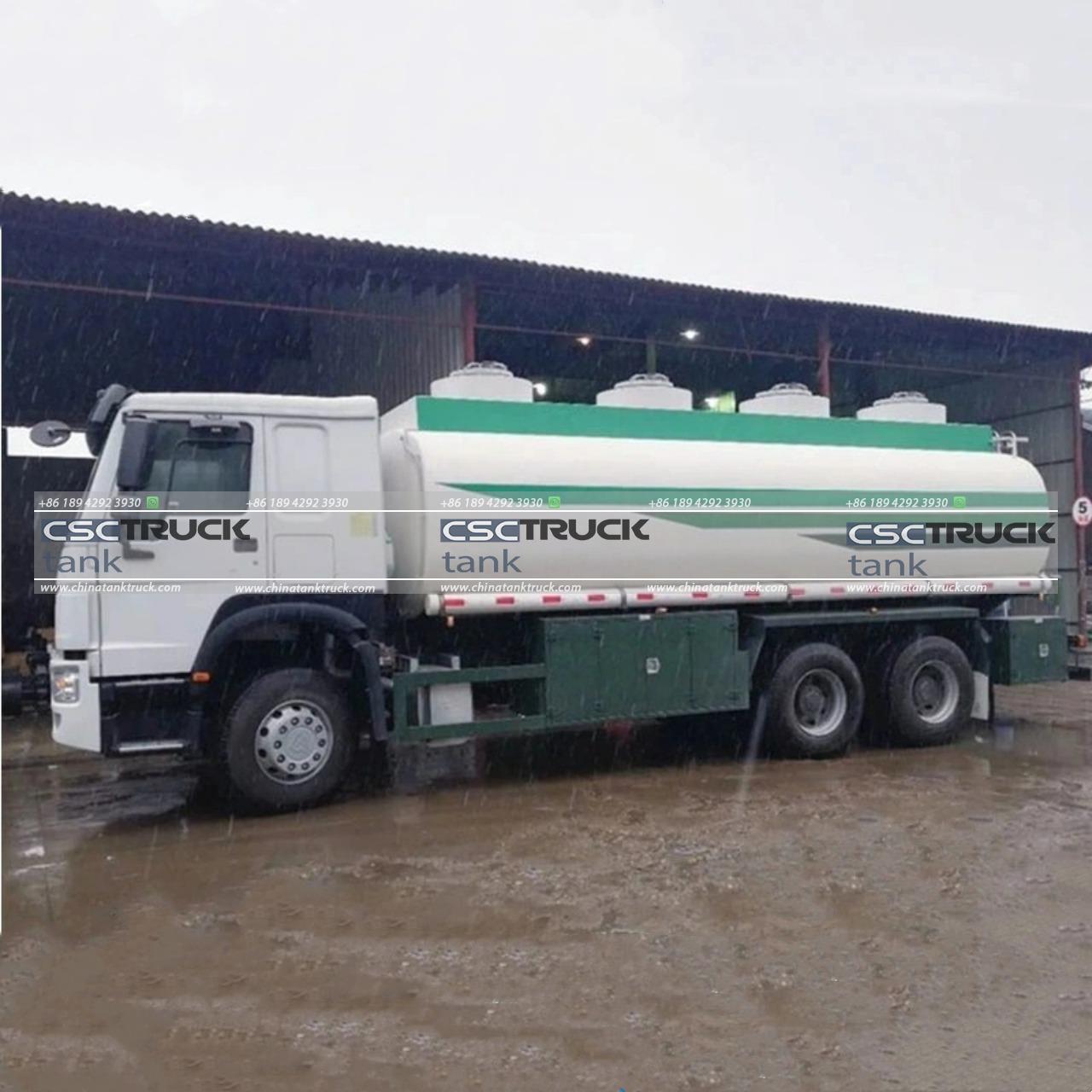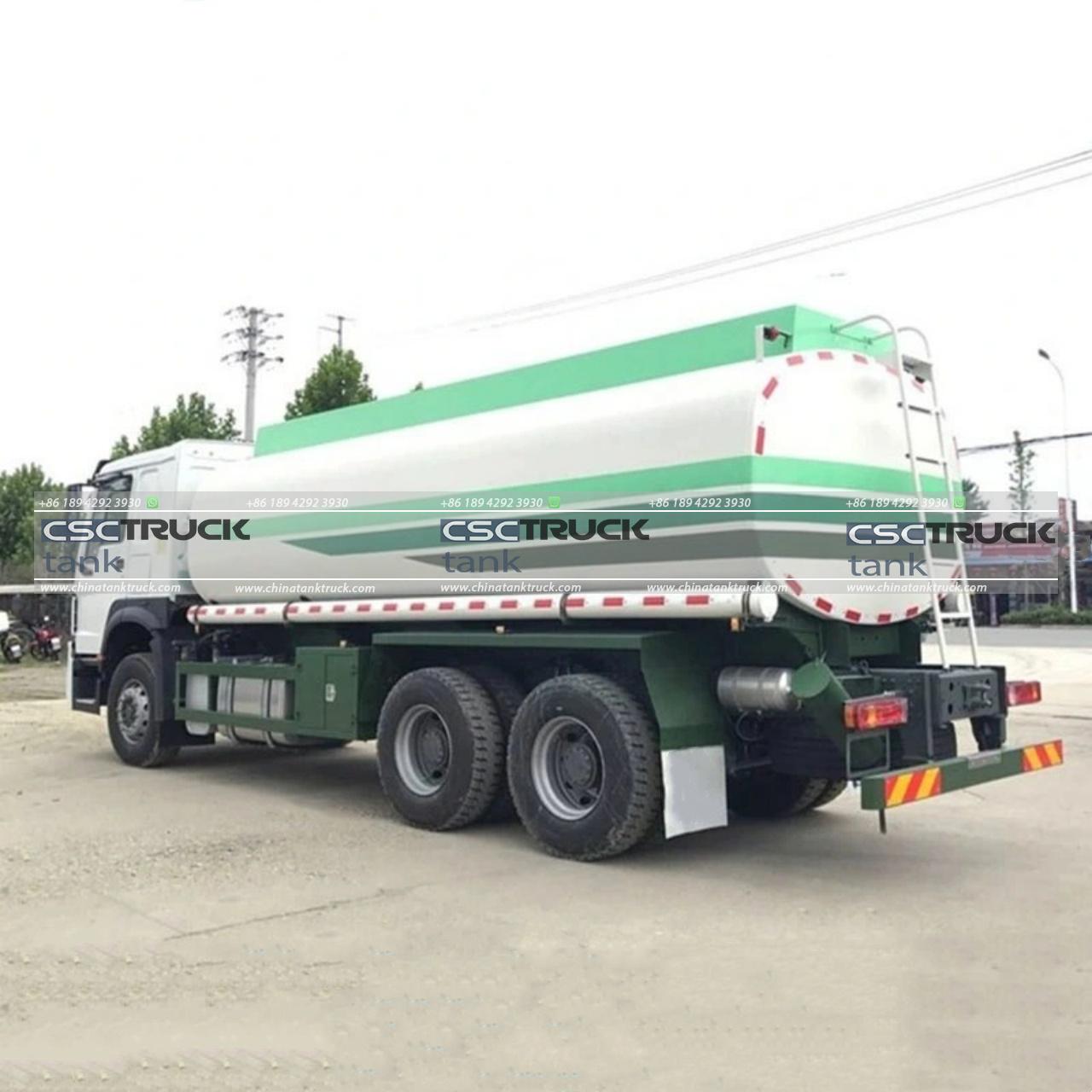Can a Chemical Tanker Carry Oil?
Chemical tankers are specialized vessels designed to transport a wide range of liquid chemicals in bulk. These vessels are equipped with sophisticated systems and materials that enable them to safely carry hazardous and non-hazardous chemicals across the world’s oceans. A common question that arises in the maritime and logistics industries is whether a chemical tanker can also carry oil. This article explores the versatility of chemical tankers, the technical aspects of their construction, and the factors determining whether they can carry oil.
Understanding Chemical Tankers
Chemical tankers are highly specialized ships equipped to handle various liquid chemicals. These vessels are designed with multiple segregated tanks, which allow them to carry different types of chemicals simultaneously without the risk of cross-contamination. The tanks are made of materials like stainless steel or coated with special linings to resist the corrosive nature of the chemicals they carry. Additionally, chemical tankers are equipped with advanced pumping systems, heating and cooling systems, and safety mechanisms to ensure the safe and efficient transport of their cargo.

The Compatibility of Chemical Tankers with Oil
The primary function of a chemical tanker is to transport chemicals, but their design and construction allow for a degree of versatility. Whether a chemical tanker can carry oil depends on several factors, including the type of oil, the tanker’s design, and regulatory requirements.
1. Type of Oil:
– There are various types of oil, ranging from crude oil to refined petroleum products such as gasoline, diesel, and jet fuel. The characteristics of the oil, such as its viscosity, temperature sensitivity, and chemical composition, play a significant role in determining whether it can be transported in a chemical tanker.
– Generally, chemical tankers can carry certain types of refined oil products. These products are less viscous and less likely to cause contamination or damage to the tanker’s specialized coatings. However, transporting crude oil in a chemical tanker is less common due to the need for specific equipment and the risk of contamination.
2. Design and Coatings of the Tanker:
– Chemical tankers are constructed with multiple tanks, each lined with materials suitable for a specific cargo. For instance, tanks that carry highly corrosive chemicals are often made of stainless steel or coated with epoxy or phenolic resins.
– The compatibility of these linings with oil products is crucial. If the lining material is resistant to the chemical properties of the oil, the tanker can carry the oil without risk of contamination or damage to the lining. However, if the oil is incompatible with the lining, it may cause deterioration, leading to safety risks and costly repairs.
– The tanker’s pumping and heating systems also play a role. Oil products, particularly those that are viscous, may require heating to maintain fluidity during loading, transport, and unloading. Chemical tankers equipped with heating systems can accommodate these needs, making them suitable for transporting certain oil products.
3. Regulatory Requirements:
– Maritime regulations govern the types of cargo that can be carried in specific vessels. The International Maritime Organization (IMO) sets out guidelines for the safe transport of hazardous materials, including chemicals and oil. These regulations include the International Bulk Chemical Code (IBC Code) and the International Convention for the Prevention of Pollution from Ships (MARPOL).
– According to these regulations, chemical tankers must meet specific standards if they are to carry oil products. This includes having the appropriate tank coatings, equipment, and safety systems in place. Compliance with these regulations is essential to ensure the safe transport of oil in chemical tankers and to avoid environmental risks.
Advantages and Disadvantages of Using Chemical Tankers for Oil Transport
While chemical tankers can carry certain types of oil, there are both advantages and disadvantages to consider.
Advantages:
– Versatility: Chemical tankers are versatile vessels that can carry a wide range of liquid cargo. This flexibility allows operators to switch between different types of cargo, including certain oil products, based on market demand.
– Segregation: The ability to segregate cargo in multiple tanks allows chemical tankers to transport different oil products simultaneously without cross-contamination. This is particularly useful for refined petroleum products, which may need to be kept separate during transport.
– Safety Features: Chemical tankers are equipped with advanced safety features designed to handle hazardous cargo. These features can also be beneficial when transporting oil, especially in cases where the oil poses environmental or safety risks.
Disadvantages:
– Contamination Risks: Although chemical tankers can carry oil, there is a risk of contamination if the tanker carried incompatible chemicals previously. Even trace amounts of certain chemicals can contaminate oil products, rendering them unusable or unsafe.
– Operational Costs: Operating chemical tankers can be more expensive than operating vessels specifically designed for oil transport, such as crude oil tankers. This includes the cost of cleaning tanks to prevent contamination and the maintenance of specialized equipment.
– Regulatory Compliance: Meeting the regulatory requirements for carrying oil in chemical tankers can be complex and costly. Operators must ensure that their vessels comply with all relevant regulations, which may require modifications to the tanker’s design or equipment.

Case Studies: Chemical Tankers Transporting Oil
There have been instances where chemical tankers have been used to transport oil products, particularly in situations where flexibility and segregation are required. For example:
– Refined Oil Products: Chemical tankers are often used to transport refined petroleum products such as gasoline, diesel, and jet fuel. These products are compatible with the tanker’s linings and do not pose significant contamination risks.
– Blended Fuels: In some cases, chemical tankers have been used to transport blended fuels, which consist of a mixture of chemicals and oil products. The ability to segregate and transport multiple components makes chemical tankers suitable for this purpose.
These examples demonstrate that while chemical tankers are not primarily designed for oil transport, they can be adapted for this role under the right circumstances.
Conclusion
In summary, chemical tankers can carry oil, but several factors must be considered before doing so. The type of oil, the design and coatings of the tanker, and regulatory requirements all play crucial roles in determining whether a chemical tanker can transport oil safely and efficiently. While there are advantages to using chemical tankers for oil transport, such as versatility and safety features, there are also risks and costs associated with potential contamination and regulatory compliance. Ultimately, the decision to use a chemical tanker for oil transport should be based on a careful assessment of these factors, ensuring that the vessel is suitable for the specific oil cargo in question.


